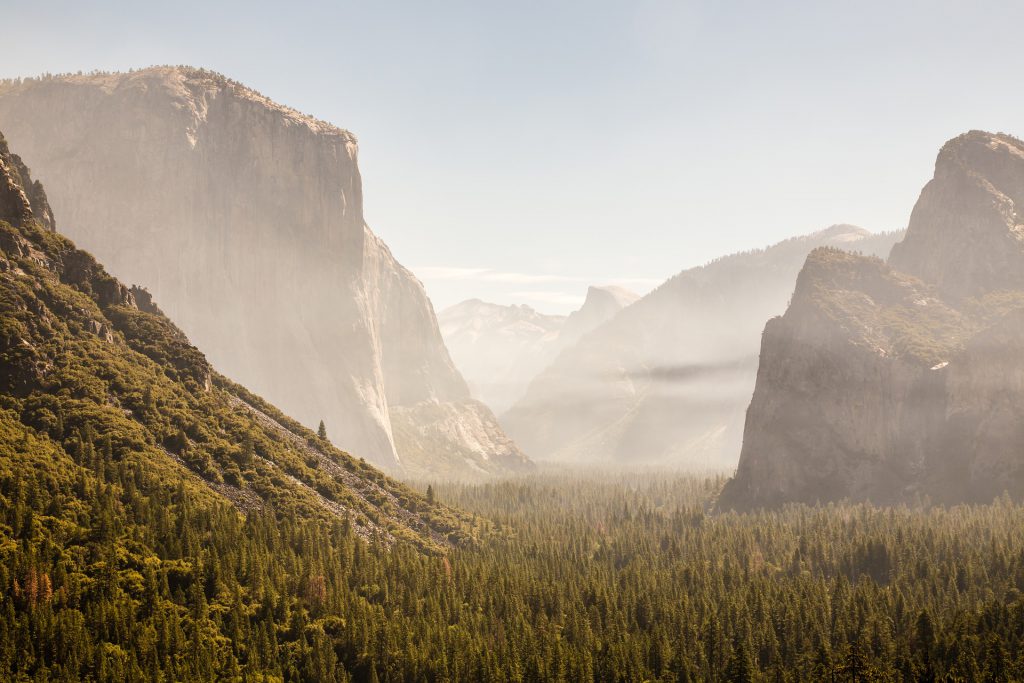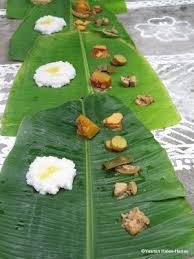Green before Blue met Yellow

Yesterday my cousins and I were chatting about how conscientious our parents and grandparents and their generations have always been.
Erratic electricity, inadequate water supply, and the inability to afford cars, refrigerators and other gadgets automatically contributed to the unintended consequence of green living. But, in addition, an obsession to save up, reuse and recycle, would make current day environmentalists look inadequate. They were green before blue met yellow.
In villages, dairy was delivered without involving any cartons or emissions. The milkman would show up each morning with his cow or buffalo and do the milking right into grandmother’s milk container. No one ate beef or any kind of meat. The cows and buffaloes were treated with respect, and were not subject to the atrocities of mass production. As you probably know, there is a religious aspect to this as well.
My mother still has stuff from the time she was 16 years old (newly married). During visits to my Mumbai home, familiar items like a stainless steel cup (we call it a tumbler) or a serving spoon, invoke a sea of childhood memories. In fact my sisters and I claim that some of these treasures actually started to resemble Mom a couple of decades ago.
She still has a shopping bag that she bought 60 years ago, for groceries. Disposable containers are denied disposal, and creatively re-used. Empty Ovaltine containers store lentils, Horlicks jars now have red chilly powder and other spices. Combine the lack of a frig with with a moral opposition to waste, and you have an interesting supply chain situation. Mom ran a super efficient operation- measured food production with contingency plans for visitors (no phones, so all visits were unannounced), and a viable set of options to share with neighbors, or to give away extra food to Indira Baayi, the lady who washed dishes and mopped the floors at home. At the end of the day, food rarely rolled over to the next day or to the trash.
My mother-in-law constantly works to stay ahead of others in the household, literally racing to the refrigerator or pantry to make sure that the wild birds and animals in our neighborhood in New Jersey have first dibs on unwanted food before it ends up in the trash.
My father wore the same watch and clothes for many years. On our whatsapp exchange, one of my cousins remembered that our grandfather would use even the backs of small bus tickets to store important information. I still remember a long, red ball point pen that my maternal grandfather used for decades.
 In South India, especially during weddings and feasts, people are served food on banana leaves- to this day. People use their hands to eat (no forks and knives), and when it is all done, the used up, food-drenched leaves are fed to cattle. A system with zero waste.
In South India, especially during weddings and feasts, people are served food on banana leaves- to this day. People use their hands to eat (no forks and knives), and when it is all done, the used up, food-drenched leaves are fed to cattle. A system with zero waste.
If everyone today were to emulate our parents’ and grandparents’ generations, the environment would be begging for a little pollution, just to get some attention.
Blog Bites
It is not even about carbon footprints and global warming. It is about common sense. We can learn from prior generations, be good stewards of the environment.
At home, we make an effort to reduce waste. Anjali is constantly giving things away, everything from groceries to gadgets, clothes to couches. We are also very proud of being involved in a business that offers environmentally friendly products. Our kids do their part by conducting book drives, to put thousands of used books from hundreds of households in the hands of those who need them.
We all have considerable amounts of used or unused things in our homes, that we don’t have a need for. We could begin by finding utility for them by donating them or gifting them. Everyone can do a little bit.

